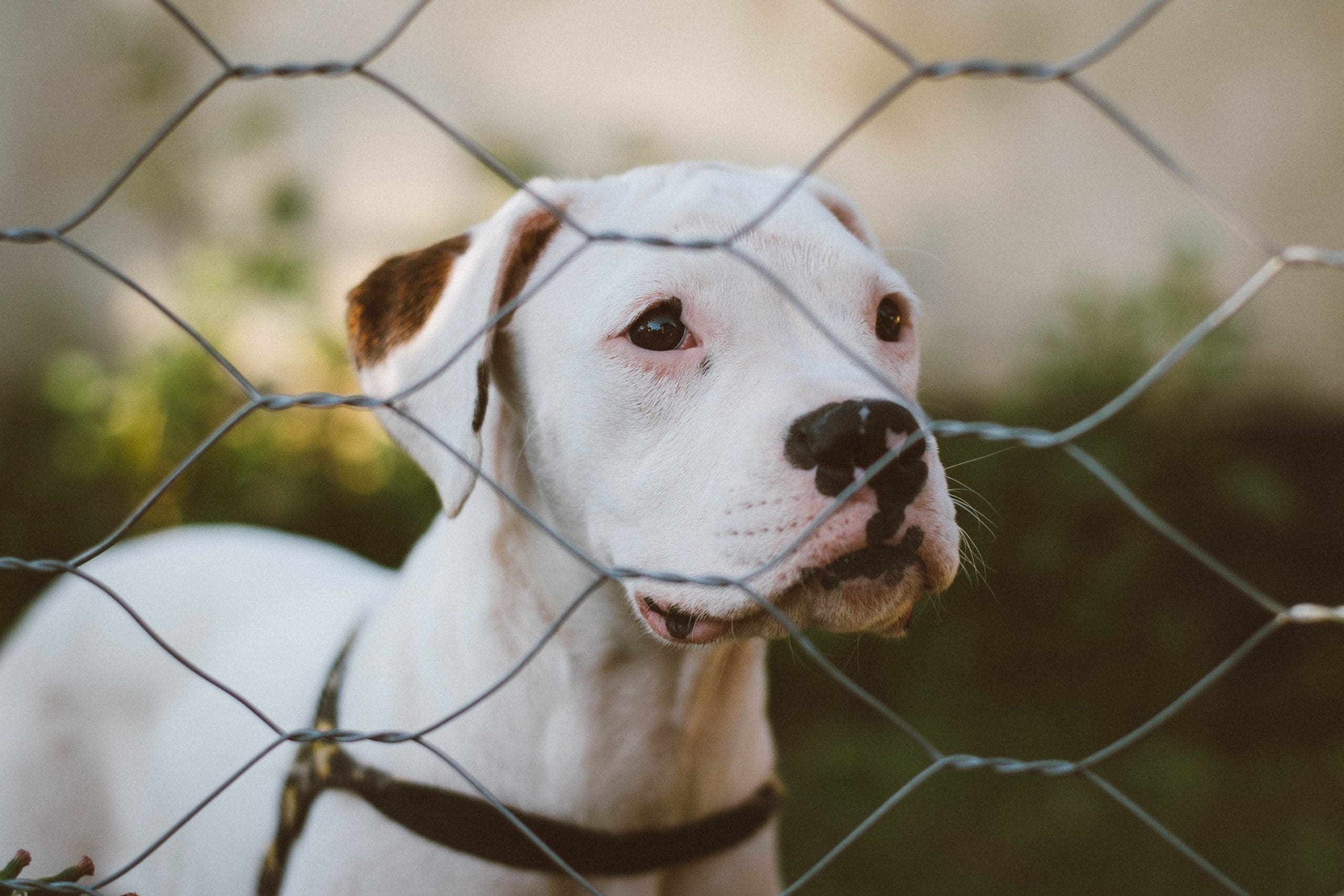Bringing a puppy into your home is an exhilarating journey filled with joy, cuddles, and a few challenges along the way. A critical aspect of welcoming a new furry friend is ensuring they are healthy and protected against preventable diseases. Understanding the vaccination schedule for your puppy is essential for keeping them safe and healthy as they grow.
Importance of Vaccinations
Vaccinations are vital for puppies as they help build immunity against various infectious diseases. Puppies are born with some immunity from their mother, but this protection diminishes over time. To ensure that your puppy remains healthy, they need a series of vaccinations during their first few months of life. Core vaccines include distemper, parvovirus, adenovirus (hepatitis), and rabies, while non-core vaccines may be recommended based on your puppy’s lifestyle and environment.
Vaccination Schedule
The vaccination schedule typically begins when the puppy is around six to eight weeks old. During this time, a veterinarian will administer the first set of vaccinations. At this early age, puppies receive a combination vaccine that protects against multiple diseases, usually including the first dose against parvovirus and distemper. After that, additional vaccinations are given every three to four weeks until the puppy is about 16 weeks old.
By 16 weeks, a puppy should have received a total of three to four sets of vaccinations and will be considered fully vaccinated against the core diseases. However, it’s important to note that the rabies vaccination often occurs around 12 to 16 weeks, depending on local laws. This vaccination is crucial for both your puppy’s health and public safety.
Why Multiple Doses?
You may wonder why vaccines are administered in multiple doses instead of all at once. Puppies have immature immune systems, and the timing allows for the most effective response. The mother’s antibodies can interfere with the vaccine’s effectiveness if given too soon, making adherence to the recommended vaccination schedule essential for developing a robust immune response.
Non-Core Vaccines
While core vaccines are crucial, non-core vaccines are also worth considering. These vaccines protect against diseases that may not be as common but can still pose severe risks. For example, leptospirosis, bordetella (kennel cough), and Lyme disease vaccines may be recommended based on your puppy’s lifestyle, exposure to other dogs, or if you live in an area where these diseases are prevalent.
Booster Shots and Ongoing Care
Once a puppy reaches adulthood, booster shots will be necessary to maintain immunity. Typically, core vaccines are renewed every one to three years, depending on the specific vaccine and your veterinarian’s recommendations. Non-core vaccines may require boosters based on your dog’s exposure risk. Regular veterinary check-ups will help ensure your dog remains up-to-date on their vaccinations.
The Role of Vaccinations in Public Health
The importance of vaccines cannot be overstated. Diseases like parvovirus and distemper can be fatal, especially in young, unvaccinated puppies. Even if a puppy seems healthy, they may still be susceptible to infections. Vaccinations safeguard your puppy and contribute to the overall health of the dog population, reducing the spread of diseases within communities.
Proactive Pet Ownership
Being a responsible pet owner means being proactive about your puppy’s health. In addition to vaccinations, regular veterinary check-ups, proper nutrition, and a safe environment are key components of raising a healthy dog. Socialization and training are also crucial during the early months of your puppy’s life, but it’s important to wait until they are fully vaccinated before exposing them to other dogs and public areas.
Keeping Track of Vaccinations
Maintaining a vaccination record for your puppy is essential not only for tracking vaccinations but also for any future boarding or daycare needs. Many facilities require proof of vaccinations to ensure the health and safety of all pets in their care.
Working with Your Veterinarian
Understanding the vaccination process can sometimes feel overwhelming. Your veterinarian can provide personalized recommendations based on your puppy’s breed, age, and lifestyle. Regular communication with your vet about any concerns or questions will foster confidence in your puppy’s health journey.
Puppies are generally considered fully vaccinated when they have completed their initial series of vaccinations, typically by 16 weeks of age. Staying informed about both core and non-core vaccines, along with the need for regular boosters as your dog matures, is vital. Vaccinations are a critical part of your puppy’s health and well-being, laying the foundation for a happy and healthy life together. Taking the time to understand your puppy’s vaccination needs is an investment in their health. By staying on top of vaccinations and maintaining a good relationship with your veterinarian, you can enjoy many joyful years with your furry companion.



